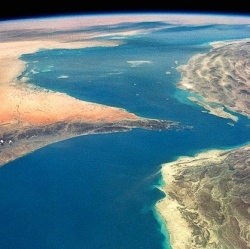
The new satellite from Immarsat is needed to complete the roll-out of the company’s £1bn ($1.6bn), next-generation, global telecommunications network. The Proton rocket lifted away from the Baikonur spaceport at 17:44 local time (12:44 BST). Separation of the satellite in orbit is expected early on Saturday.
The new network, known as Global Xpress, will enable Inmarsat to offer its customers substantially faster connections at a lower cost. Having the third spacecraft in orbit means those customers can have coverage right around the world.
Rupert Pearce, Inmarsat’s CEO, told BBC News: "We launched our first satellite over Europe, the Middle East and Africa about a year ago; our Americas satellite comes into operation in about a week; and this third satellite, which will go operational by the end of the year, completes a global seamless network."
There was a fair degree of anxiety ahead of the launch, however. Friday’s mission is the first time Proton has flown since its failure to orbit a Mexican satellite in May. The rocket has been plagued with reliability issues in recent years.
But Russian space officials have assured Inmarsat that the cause of the latest loss has been identified and corrected. The Proton missions are long. Their flight profile includes multiple burns of the Breeze upper-stage. The Inmarsat profile, from lift-off to separation, is scheduled to take just over 15 and a half hours.
The satellite will then need to make some further refinement manoeuvres of its own to drop into its designated orbital slot at 178 degrees East. This sits over the Pacific, and will fill the gap left by the first two satellites. Only with the gap plugged can Inmarsat offer seamless coverage for customers who operate worldwide.
